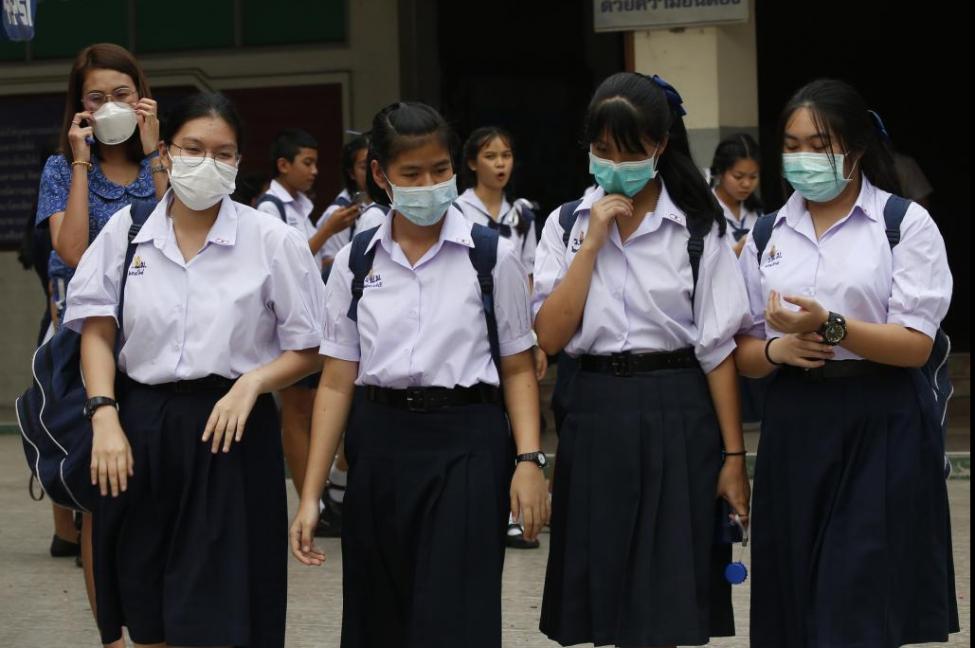As the COVID-19 situation in Thailand appears to have been brought under control for now, the Office of Basic Education Commission (OBEC) has decided to let each school decide whether they should reopen on July 1 or opt to use distance-learning television (DLTV) and online learning.
“There are schools in urban, rural and remote areas. Since we believe one size doesn’t fit all, we have decided to let each school make its own decision, with students’ safety as the bottom line,” said Obec secretary-general Amnat Wichayanuwat.
Mr Amnat said that schools wishing to open must first seek permission from their provincial governors.
“If the risk of Covid-19 is very low in their area, normal classes may be possible,” he said, adding that education officials would assess risks ahead of the new semester and come up with recommendations.
“For instance, if the virus still poses a risk, we may arrange for students to take turns in attending school. If there are 30 students per room, only 10 may be allowed to attend class at a time, while those at home can work on assignments,” he said.
Moreover, the schools will have to set up a particular area for body temperature screening and clean their premises frequently, adding that teachers and students will also have to strictly follow the ministry’s guidelines such as wearing masks and washing their hands frequently.
According to Education Minister Nataphol Teepsuwan, some outdoor and extracurricular activities will also be temporarily banned to eliminate the chance of viral transmission.
Mr Nataphol said the ministry has already prepared two solutions for schools that may not be able to reopen on July 1. The first one is the DLTV programme with students participating in classes from home.
Under this scenario, Mr Nataphol said students will study and do exercises from home via satellite television. He said the ministry has held talks with the National Broadcasting and Telecommunications Commission to make 13 channels accessible to students nationwide.
“DLTV will be our main solution during the Covid-19 crisis. We will combine existing recorded courses, which have been prepared in recent years, with newly recorded ones. We will build strong and relevant curricula for all learners in Thailand,” he said.
Another solution prepared for students who cannot go to schools is online learning, he said.
“Some 90% of our students have computers, laptops, computer tablets and mobile phones with internet access, so they can study via online classes with no problem,” said Mr Nataphol.
This article is taken from Bangkok Post
Photo: Narong Sangnak/EPA-EFE

